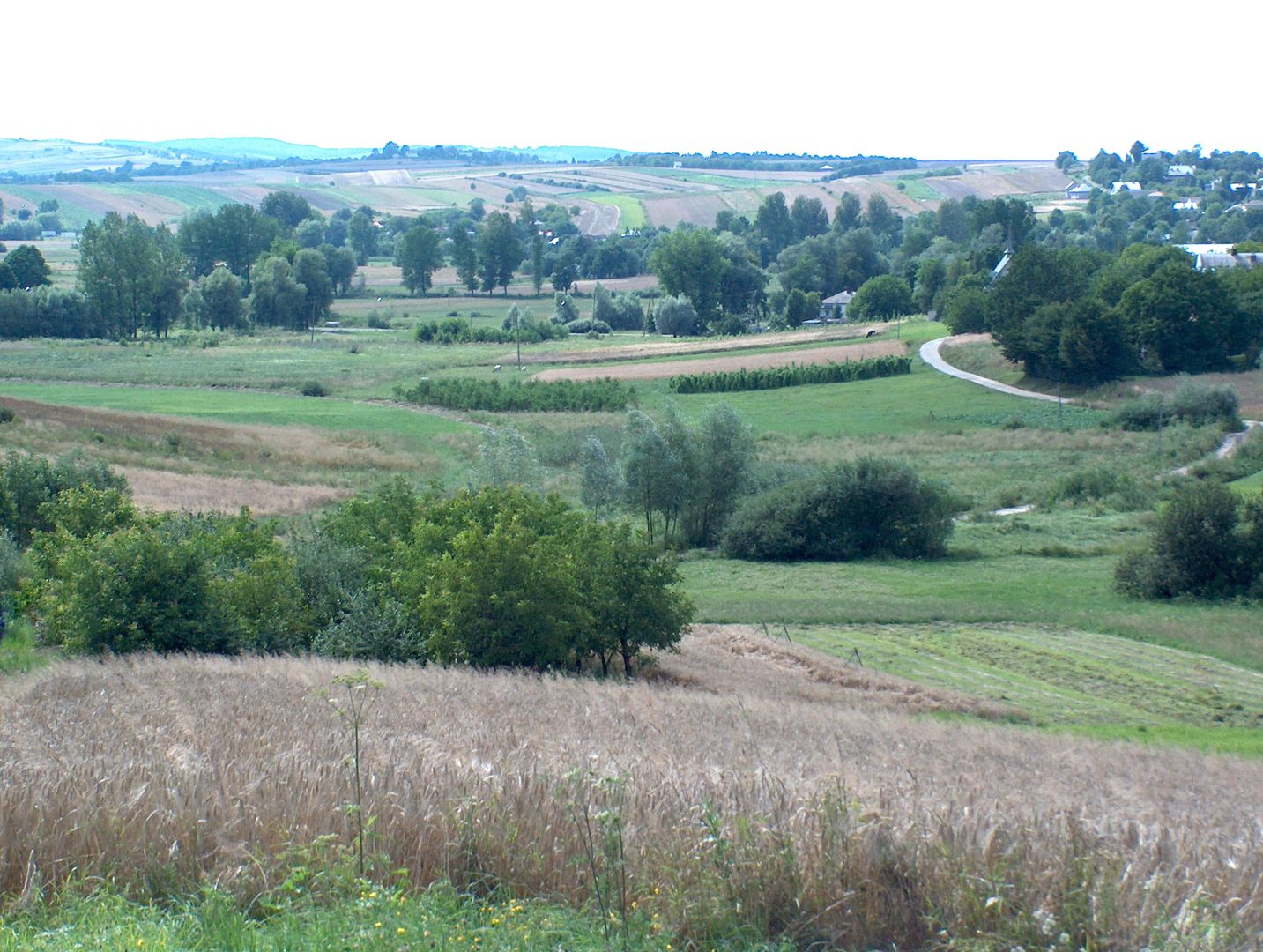Więckowice
6.23

Overview
Więckowice is a village in the Podkarpackie Voivodeship, in Jarosław County, with a rich history dating back to the 14th century. Initially, it was a hamlet of the village of Bystrowice, and in the 16th century, it came into the possession of Mikołaj Mzurowski. Over the centuries, the owners changed multiple times, and the village was known for its agricultural and milling traditions. In the 19th century, Więckowice had its manors and developed architecturally, as evidenced by a brick manor house from the mid-19th century, which is now privately owned. The manor, built in a U-shape, was surrounded by a park with preserved old trees and small architectural features such as a cross and a statue of the Virgin Mary. In Więckowice, one can also find an old cemetery known as the "cholera cemetery," where victims of epidemics are buried, as well as a burial ground from the 16th or 17th century containing human remains. During the interwar period, the first school was established, and the village had its rural women's circle, which remains active in the 21st century. During World War II, the Kądziołek family from Więckowice hid Jews, for which they were awarded the title "Righteous Among the Nations." Today, the village is integrated through the activities of the Volunteer Fire Department (OSP), which contributes to cultural life and the organization of various events. In 2018, a plaque was unveiled to commemorate the 100th anniversary of Poland's independence, listing the residents who fought for freedom. Więckowice is a place where traditions intertwine architecture, history, and local culture.
Location
2026 Wizytor | All Rights Reserved